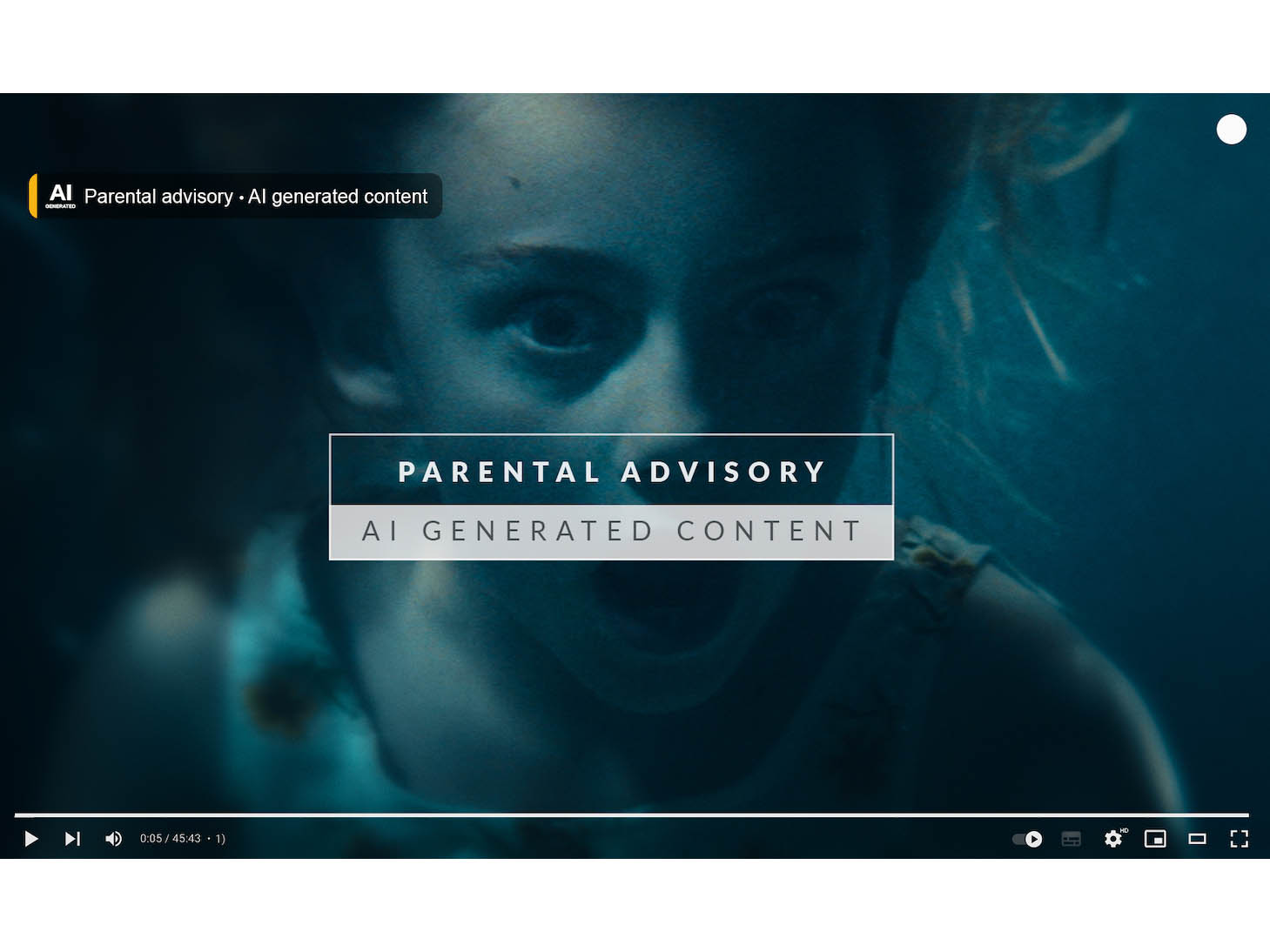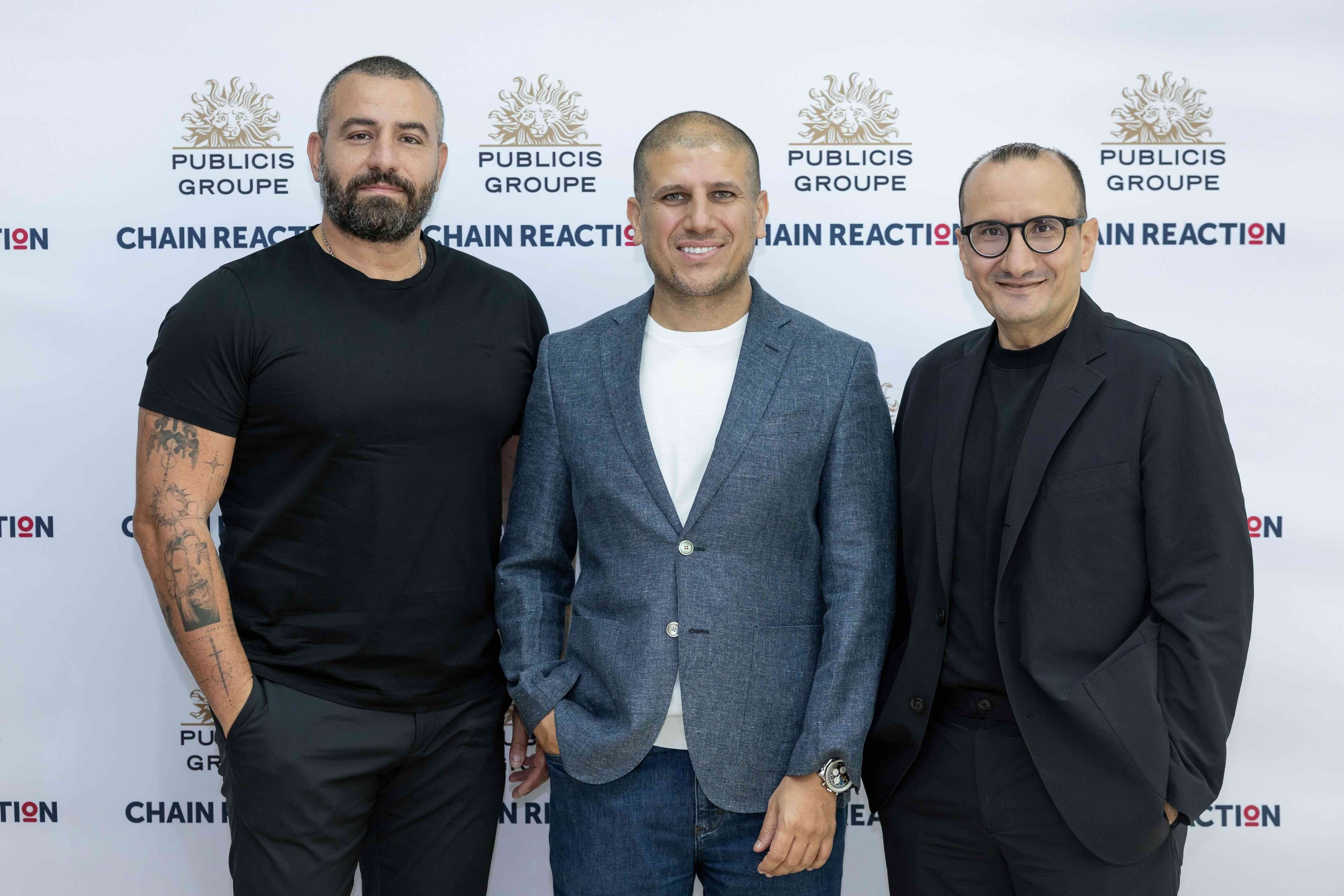News - News In Brief
Child Welfare Organization demands clear AI labeling is applied on content
August 22, 2023
.jpg) Advertisement
AdvertisementAs the influence of artificial intelligence (AI) on media content swells, parents and guardians grapple with new challenges in guiding their children through the digital world. The Mannerheim League for Child Welfare (MLL), the largest child welfare organization in Finland, demands social media companies to take action towards a safer online environment for children through clear AI labeling.
Europol predicts that by 2026, AI could be responsible for creating up to 90% of all media content. This escalating reality, combined with existing online threats, emphasizes the need for effective and prompt parental guidance in children's media use as well as labeling.
Artificial intelligence has a broad impact on children's media use, as algorithms determine what videos children watch, what news they see, and what kind of content they consume. With artificial intelligence the line between reality and imagination has blurred. Even adults find it difficult to recognize the outputs of artificial intelligence, and for children, the situation is even more challenging.
In addition, artificial intelligence can already be seen as a tool for bullying, especially facilitating the manipulation of images and videos. Social media companies play a crucial role in mitigating risks and ensuring the safety of children online.
“We need an identifier to clarify whether content is reality-based or AI-produced, much like the Parental Advisory label helps identify content harmful to children. This becomes even more important as children's media literacy struggles to keep up with the rise of AI,” says Paula Aalto, head of school cooperation and digital youth work at The Mannerheim League for Child Welfare.
The Mannerheim League for Child Welfare has released a powerful short film demonstrating the dangers of unsupervised media consumption by children and highlighting the need for clear labeling of AI generated content.
The film “The AI abyss”, created by TBWA\Helsinki, is a plunge into the uncharted waters of AI in the media. It draws a parallel to MLL's long-standing tradition of empowering children, dating back to their initiatives of teaching children to swim 50 years ago.
Today, the challenge lies not in water, but in the media stream, where AI increasingly blurs the line between reality and fiction.



.jpg)










